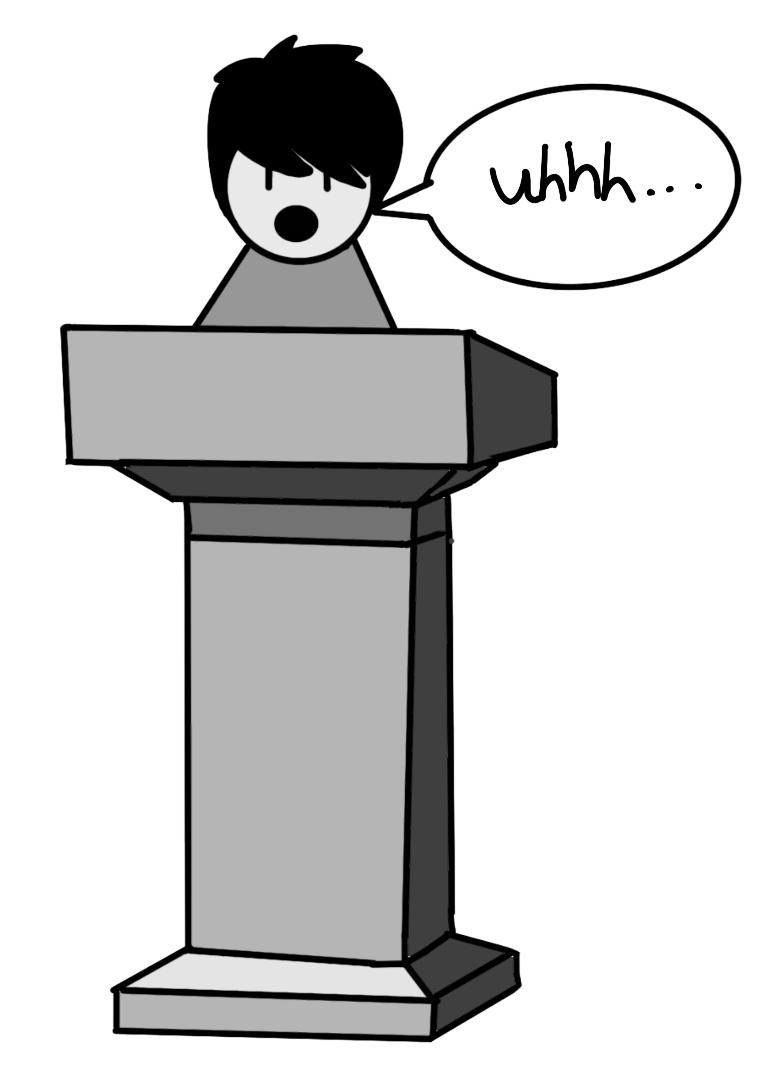Gun violence as a problem in schools has reached a new level In the news; it is overshadowing the fact that in West Virginia, school has not been happening for the past week.
West Virginia educators have been on strike since Feb. 22, claiming they are underpaid. They have continued to negotiate, even after the state legislature and governor approved slight raises for them.
No raise they receive, however, is going to change the fact that teachers are indeed ridiculously underpaid, nor will it correct the teacher shortages California and many other states face.
The first of those problems is an infamous nationwide issue. A Brookings Institute study found that in comparison to other developed countries, American teachers are paid far less than even the poorest-paying of foreign nations. American high school teachers make about 71 percent of what similarly educated Americans make, compared to Finland, where upper secondary teachers make 91 percent of what their highly educated peers in other fields make.
Americans can’t do anything about Finnish teachers, although we would do well to look at their highly-ranked education system and improve our own. However, here’s a radical idea about America’s teachers: give them the same salary as a similarly educated worker.
In West Virginia, teacher pay is unjustly low; non-career/technical education secondary school teachers make only $45,000 a year, according to TeachingDegree.org. That’s a solid $13,000 below what the average high school teacher makes throughout the U.S. Moreover, teachers are saddled with extra expenses that come with their line of work, such as buying school supplies. In response to a question from NPR’s Education Team, some teachers said they spend over $1,000 yearly on classroom supplies.
Comparatively, the median salary for an engineer in the U.S. is $94,000 a year, according to Sokanu, in a field that often requires less education than teaching. And with all due respect to the engineers of America, none of them would be where they are today if not for their teachers.
If America is to have a meritocratic pay system and call it fair, it would be wise to actually make it fair. Otherwise, people aren’t going to enter the profession in the first place.
That’s how the aforementioned teacher shortage in California has taken shape. According to the California Teachers Association, a third of teachers in the state are nearing retirement age, and in order to offset the already-existing deficit of educators, 100,000 new teachers are needed over the next decade.
Unfortunately, the problem typically goes unnoticed in the Silicon Valley; teachers here often make double the median salary of educators in America, based on numbers from Transparent California. However, Silicon Valley is so exorbitantly expensive that even a six-figure salary isn’t enough for a person to not be considered low-income in some cases, according to the Mercury News.
To offset both the shortage and the pay issue, the CTA endorses the idea of simply paying teachers more. Of course, it’s not just as easy as passing legislation to raise salaries, but rather than give millionaires another tax break, the government could at least expand the tax credit for teachers buying school supplies.
Until their salaries go up more than the 5 percent raise their governor proposed, or other action is taken to fairly compensate educators for their work, West Virginia teachers should feel more than entitled to remain on strike. And even though student activists already have their hands full with gun control, the least they can do is raise a fist in solidarity with teachers during the March for Our Lives.








